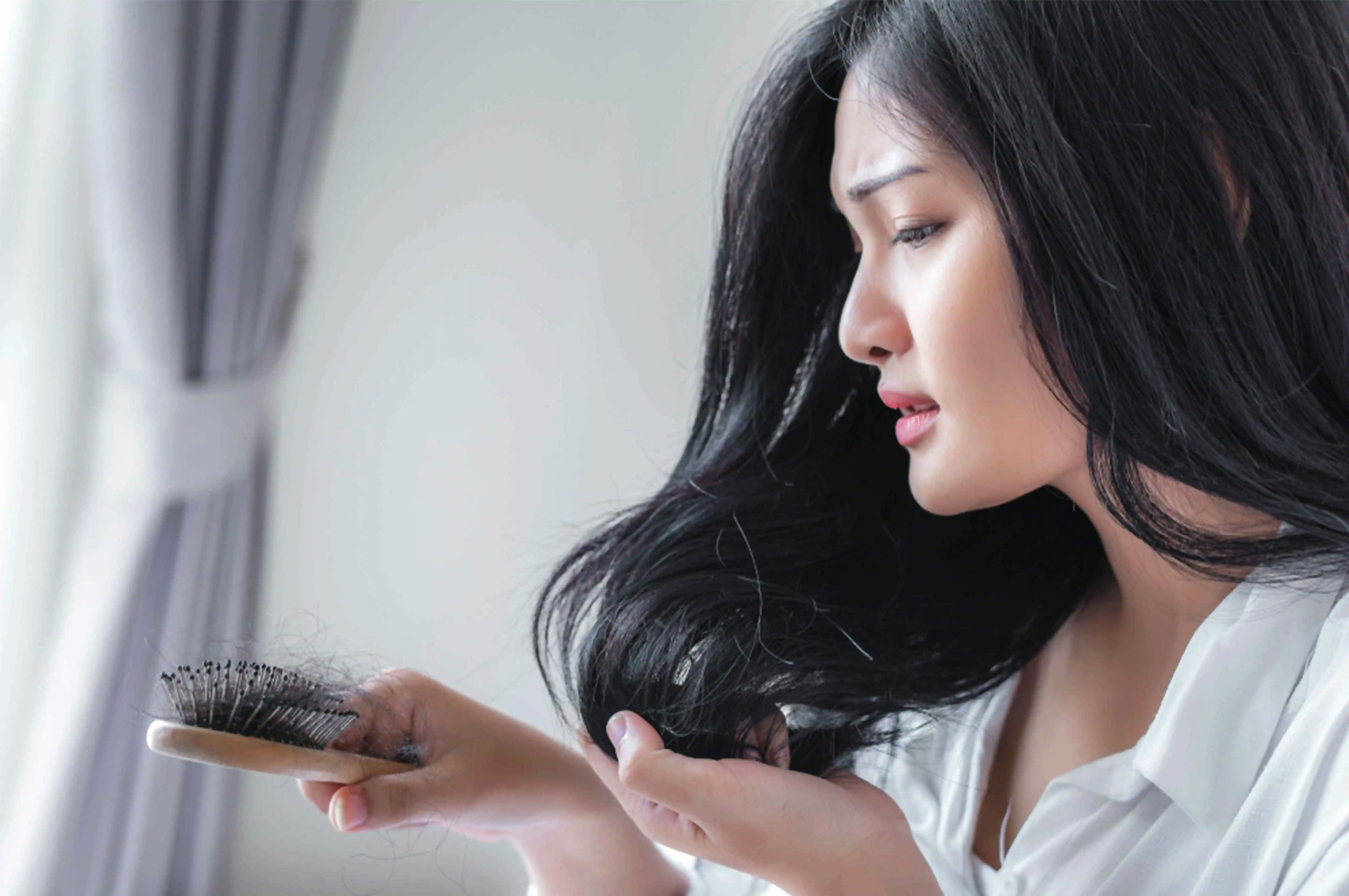Hair Loss in Women: Understanding the Different Types and How to Treat Them
- MAX Hair Clinic

- June 01, 2023
- 3 min read

Hair loss in women is a prevalent issue that can be quite challenging to solve. In recent years, there has been a noticeable trend towards this type of hair loss, with research indicating that as many as 1 in 4 women may experience it.
One common condition is Telogen Effluvium, which occurs when stress causes the hair roots to enter a resting state. This often results in an increased number of hairs falling out during grooming and washing, and in some cases, even clogging the drain! Thinning of the hair may also be observed, leading to less density and causing significant anxiety. The fear of washing the hair can exacerbate the problem, leading to further issues with the hair and scalp, and more noticeable hair fall when eventually washed.
Female-pattern hair loss is another frequent concern. It is characterized by the gradual visibility of more scalp and wider partings over time, rather than sudden hair loss.
When you visit MAX Hair Clinic, our doctors will conduct various examinations to rule out other types of hair loss and determine if hairdressing practices or scalp issues contribute to the problem. Maintaining a healthy head of hair starts with a nutritious diet. The nutrients essential for normal, healthy hair growth are delivered to your hair follicles through the blood. Any disruptions in this process can lead to hair growth issues. In addition to a diet that promotes hair growth, a good hair care routine is crucial for maintaining healthy hair.
During menopause, women may experience an intensified effect of androgens in combination with declining female hormones, including dihydrotestosterone (DHT). This hormonal imbalance may contribute to hair loss, although it is uncertain whether the hair loss will persist.
Polycystic Ovarian Syndrome (PCOS) is another condition that can cause hair thinning in women. It is characterized by hormonal imbalances, including elevated levels of androgens such as testosterone and DHT. These higher hormone levels, especially DHT, can lead to hair loss.
Hair loss can also be caused by lifestyle factors, stress, or general health issues. The effects may not become visible until weeks after a stressful event or trauma. Trichotillomania, a psychological condition characterized by compulsive hair pulling, can result in poor regrowth. Additionally, diets lacking essential nutrients can negatively impact hair, skin, and nail health, potentially leading to brittle or thin hair.
Conclusion
If you're unsure about how to care for your hair and maintain its health through diet and hair care routines, consider visiting a Max Hair Clinic branch. We provide personalized regimes tailored to your specific needs and can help you understand the underlying cause of your hair loss. We offer non-surgical treatments that have been followed by renowned surgeons associated with the International Hair Restoration Society. Our range of modern Hair restoration methods includes CC PRP+ (a three-chamber, 8 GFC-oriented treatment for severe hair loss), oxygen laser therapy, and mesotherapy (for moderate hair loss in women). Rest assured, our solutions are guaranteed.


